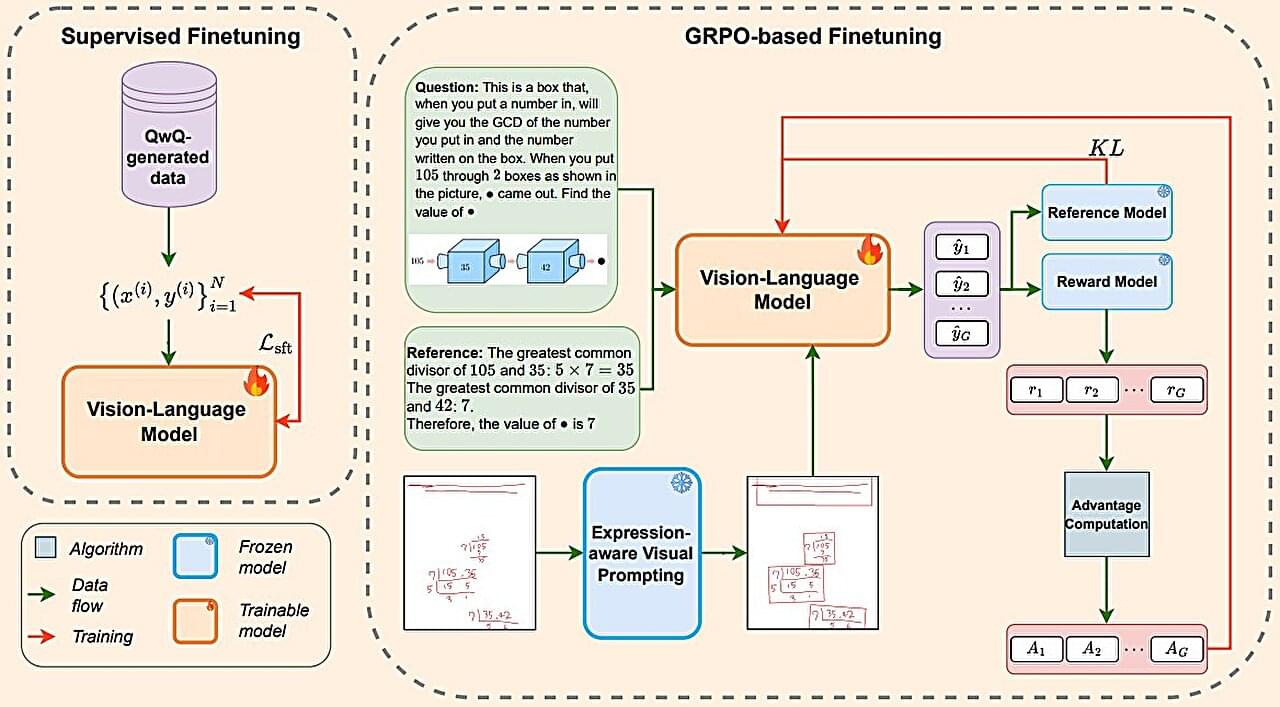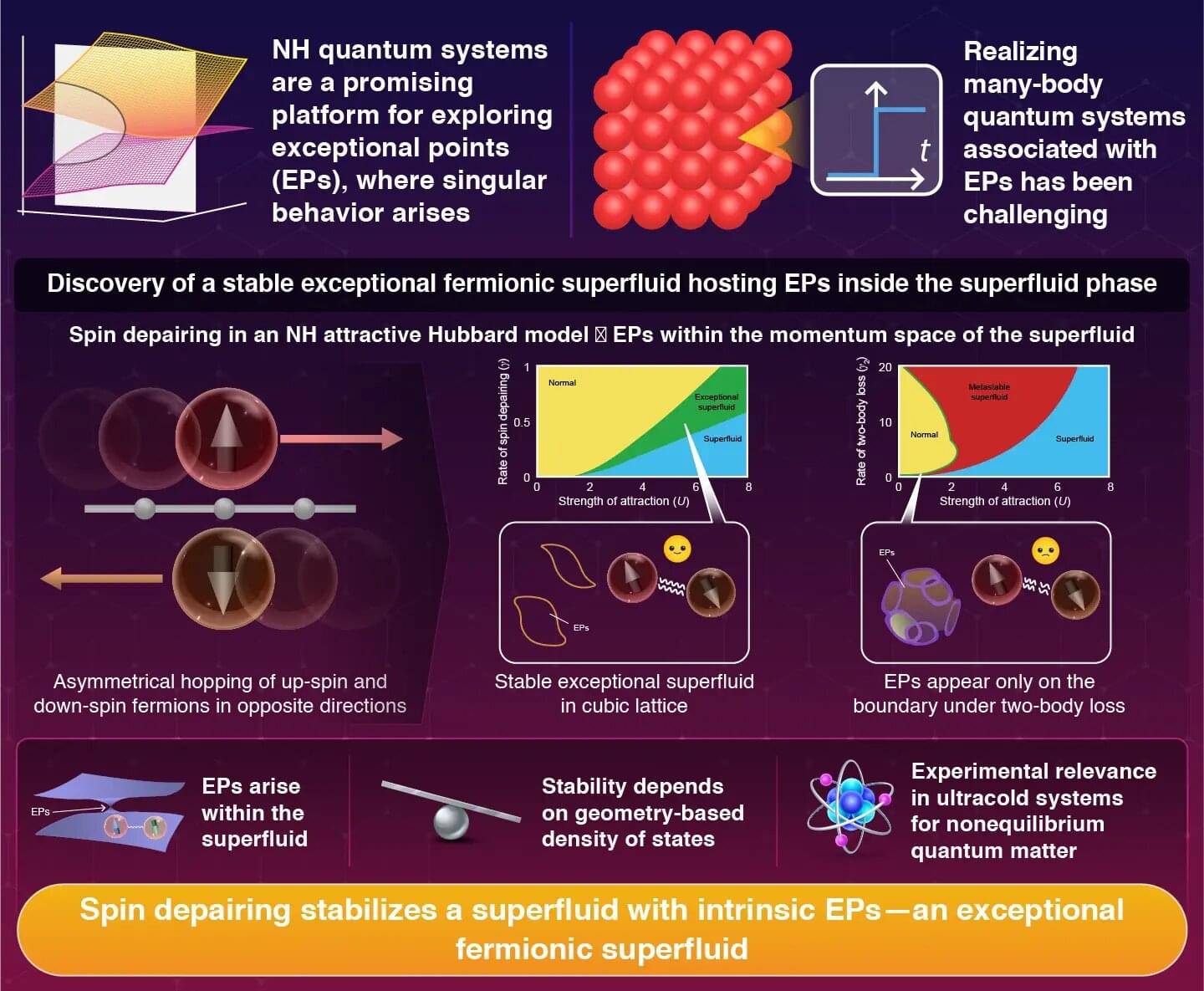One of the world’s foremost philosophers of physics, Maudlin is Professor of Philosophy at NYU and Founder and Director of the John Bell Institute for the Foundations of Physics.
He is a member of the “Foundational Questions Institute” of the Académie Internationale de Philosophie des Sciences and is the recipient of a Guggenheim Fellowship, and author of ‘The Metaphysics Within Physics’, ‘Truth and Paradox: Solving the Riddles’ and ‘Quantum Non-Locality and Relativity’
Tap the link to watch his full talk now: https://iai.tv/video/tim-maudlin-why-imaginary-numbers-are-c…um-physics
Why do imaginary numbers appear at the foundation of quantum mechanics? This question, which puzzled even great physicists like Eugene Wigner, opens up deeper issues about what it means to explain features of the mathematical formalism used in physical theory. Join philosopher of science Tim Maudlin as he explores that question through the lens of quantum dynamics, arguing that the appearance of complex numbers in Schrödinger’s equation is not arbitrary, but motivated by the need for a particular kind of wave-like structure in fundamental dynamics.





